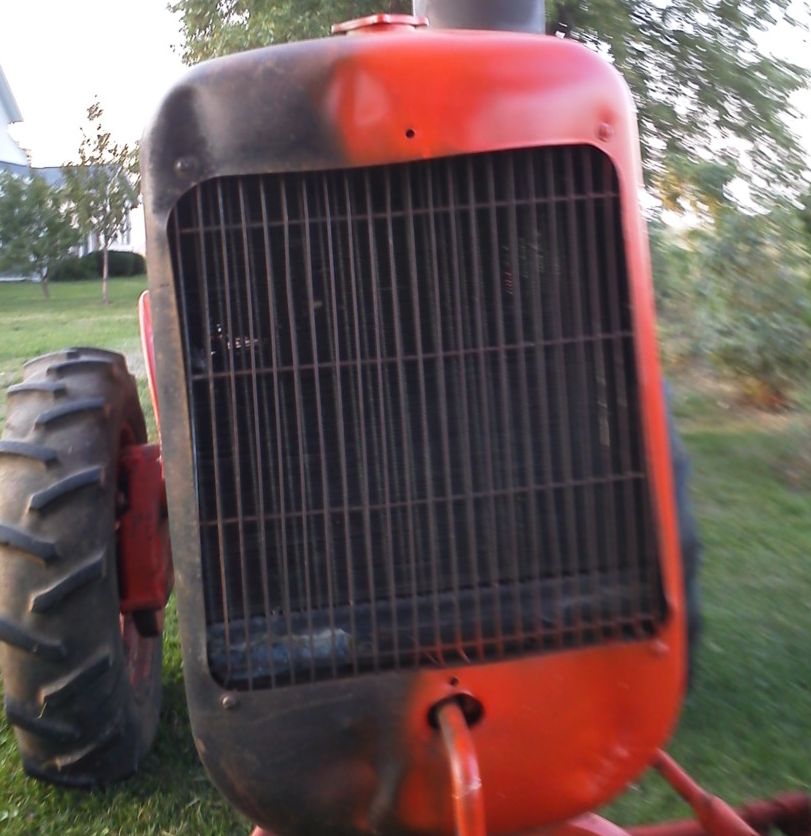The answer is simple, but I'll give you the details so it's extremely clear...
So... when you're running an implement that requires PTO power, they USUALLY have a certain amount of inertia in that implement. A hay baler, for example... usually the PTO drives a sheave that has a belt going to a flywheel. The compaction stroke of the baler is usually pretty forceful, and that flywheel provides the force to do it, without putting a heavy shock on the PTO shaft... if you're at the end of a row and the baler is still jammin' hay into the bale, a high PTO load would put a serious hurt on the yokes... so they use the flywheel's inertia to make that happen... and the PTO shaft spins up that flywheel with a multiple V-belt, or some other kind of soft coupling.
now, that flywheel doesn't like to slow down, and if you need to take an extremely tight turn, you need to stop that PTO shaft completely so it doesn't jam the joints and turn into a steel pretzel. To keep from having it beat up the tractor, the PTO shaft has a one-way clutch, so you can stop the PTO shaft... and the flywheel spins down on it's own.
On a hay rake, there's not much inertia, the reel is fairly light, so they slow down fairly quick.
A sickle bar, likewise, doesn't have any considerable mass, and they have lots of simple friction, so disengage those, and they stop quick.
A rotary mower has LOTS and LOTS of inertia, and they RARELY have any sort of clutch, just a PTO shaft to a gearbox, then straight down to a 3ft diameter steel disk with 18" swinging blades around the perimeter... once it' gets whirling, it does NOT like to slow down.
Most of these mowers don't have an overrunning clutch, or any other disengagement mechanism, you just hafta disengage the PTO drive and let them slow down on their own time.
The problem is... PTO drives on many older tractors are integral to the transmission and rearend... that means, with the engine clutch pushed in, if you engage the PTO, with the tractor in gear, and you rotate the PTO, the tractor will go forward.
In the field, with a swinging bushhog, you get to the end of a row, and push in the engine clutch to slow down for your turn... that spinning mass will just keep pushing you along.
WHILE ITS DOING THAT... it's generating a significant amount of centrifugal force, on the horizontal plane... that centrifugal force does some very unsettling things to the tractor as you make that end-of-row turn.
And the blade, still cutting, is generating a torque thrust to the tractor in the opposite direction of the blade's rotation.
And all these forces include a significantly heavy object located well behind the centerline of your tractor's rear wheels, levering it around like a possessed outboard-motor.
Which is why my Grandpa always said 'it's better to have too small of a bushhog on your tractor, than a TOO BIG...









 Topic Options
Topic Options

 Post Options
Post Options Thanks(0)
Thanks(0)



